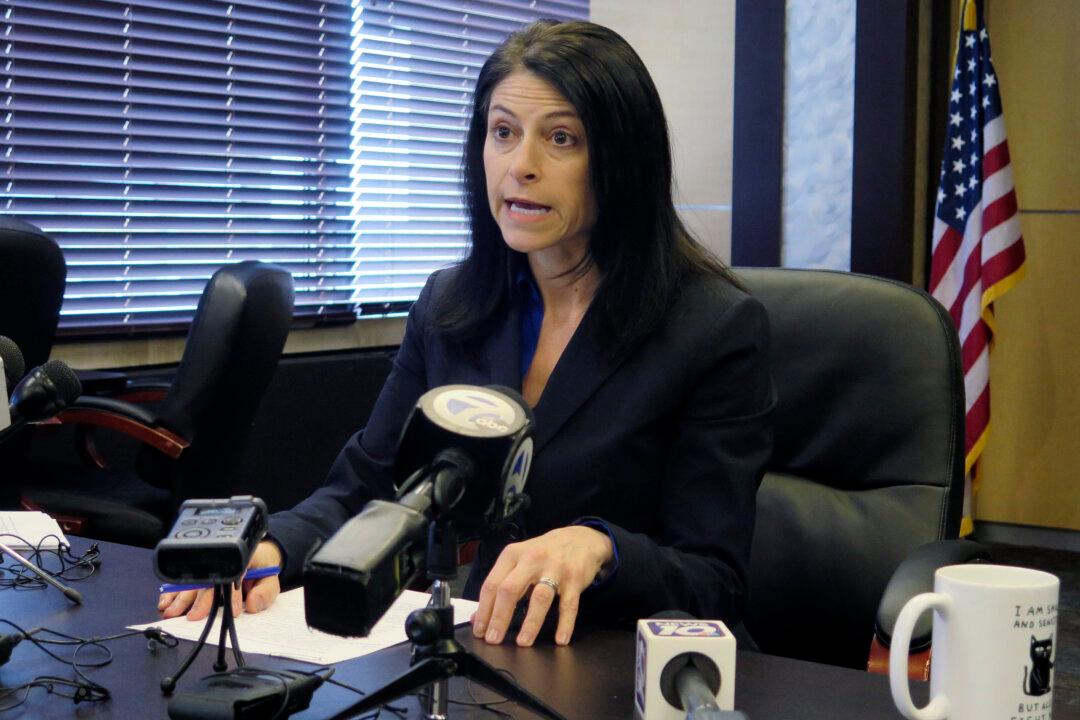A Michigan judge on May 17 suspended Michigan’s abortion ban, ruling it is likely unconstitutional.
The ban is not in effect but could soon be if the Supreme Court overturns Roe v. Wade.


A Michigan judge on May 17 suspended Michigan’s abortion ban, ruling it is likely unconstitutional.
The ban is not in effect but could soon be if the Supreme Court overturns Roe v. Wade.